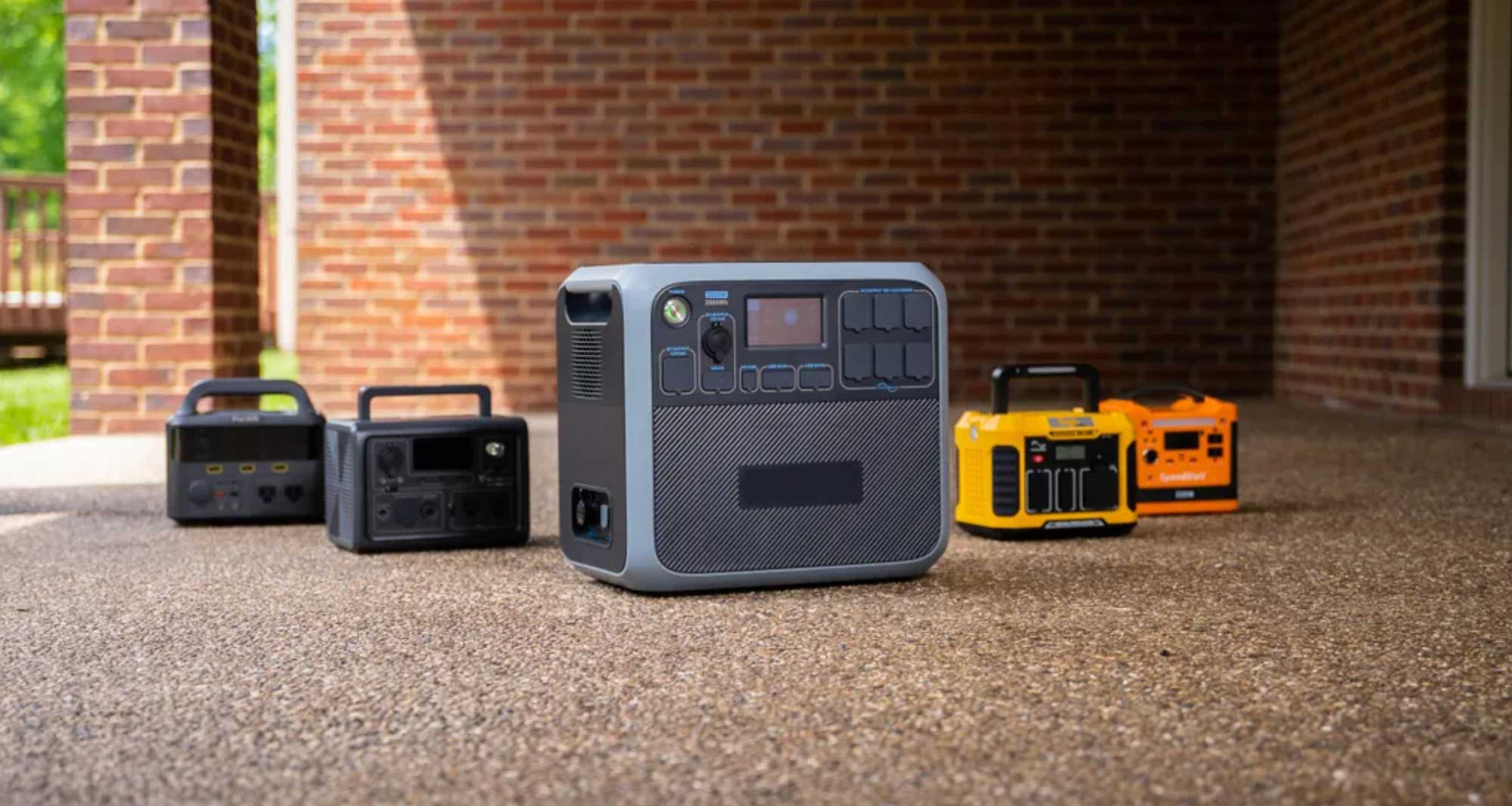Emergency preparedness is crucial for ensuring the safety and well-being of individuals and communities in the face of natural disasters, power outages, and other unforeseen emergencies. Portable power plays a critical role in emergency preparedness by providing reliable electricity when traditional power sources are unavailable or disrupted. Here’s why portable power is essential for emergency readiness:

1. Communication:
- Stay Connected: During emergencies, communication is vital for receiving updates, coordinating rescue efforts, and reaching out for help. Portable power stations keep communication devices such as smartphones, radios, and two-way radios charged, ensuring continuous connectivity even when power grids are down.
- Emergency Alerts: Keep emergency alert systems, such as weather radios and mobile alert apps, powered to receive timely warnings about severe weather, natural disasters, or evacuation orders.
2. Lighting:
- Visibility and Safety: In the event of power outages or nighttime emergencies, portable power stations power LED lanterns, flashlights, and emergency lighting systems to provide visibility and enhance safety for evacuations, search and rescue operations, and shelter-in-place scenarios.
- Comfort and Security: Lighting not only improves visibility but also offers comfort and security, especially for vulnerable populations such as children, the elderly, or individuals with disabilities.
3. Medical Needs:
- Life-Saving Equipment: Portable power stations ensure continuous operation of essential medical devices like CPAP machines, oxygen concentrators, insulin pumps, and refrigerators for storing medication. This is crucial for individuals with chronic illnesses, disabilities, or medical conditions requiring constant monitoring and treatment.
- Emergency Response: Medical professionals and first responders rely on portable power to operate mobile clinics, field hospitals, and emergency medical equipment in disaster-stricken areas without access to grid power.
4. Food and Water:
- Preservation: Keep refrigerators, freezers, and coolers powered to maintain perishable food and water supplies during prolonged power outages or emergencies. Portable power stations extend the shelf life of stored food, reducing waste and ensuring access to essential nutrition.
- Water Filtration: Power water purification systems, filters, and pumps to ensure access to safe drinking water in areas where municipal water supplies are compromised or contaminated due to disasters like floods, hurricanes, or earthquakes.
5. Shelter and Comfort:
- Climate Control: Power portable heaters, fans, or air conditioners to regulate indoor temperatures in emergency shelters, temporary housing, or evacuation centers, providing comfort and mitigating the risk of hypothermia or heat-related illnesses.
- Entertainment and Distraction: Maintain morale and alleviate stress by powering electronic devices like tablets, e-readers, or portable radios for entertainment, communication, and diversion during prolonged emergencies or sheltering periods.
Conclusion:
Portable power is an indispensable component of emergency preparedness, providing a lifeline during crises by ensuring access to essential services, communication, and comfort. By incorporating portable power stations into emergency plans and supplies, individuals and communities can enhance their resilience and readiness to withstand and recover from disasters, safeguarding lives and livelihoods in times of need.
